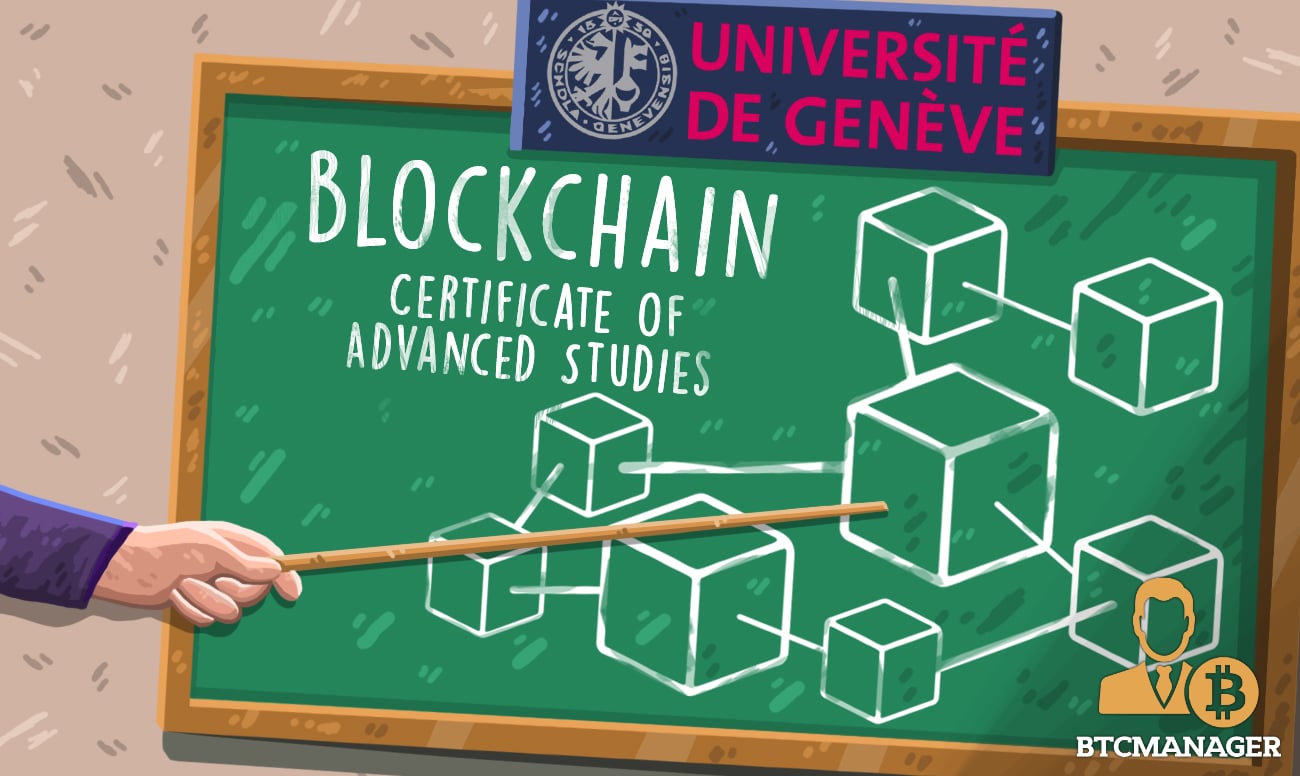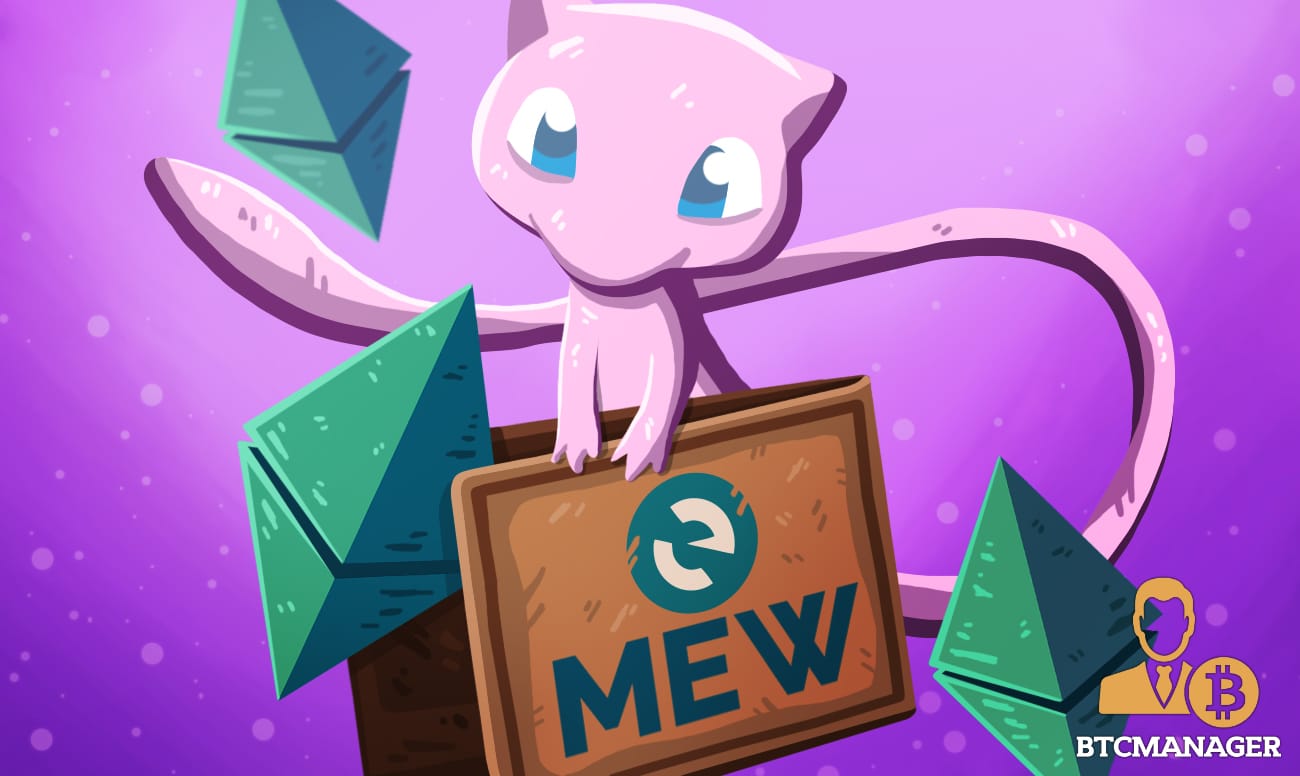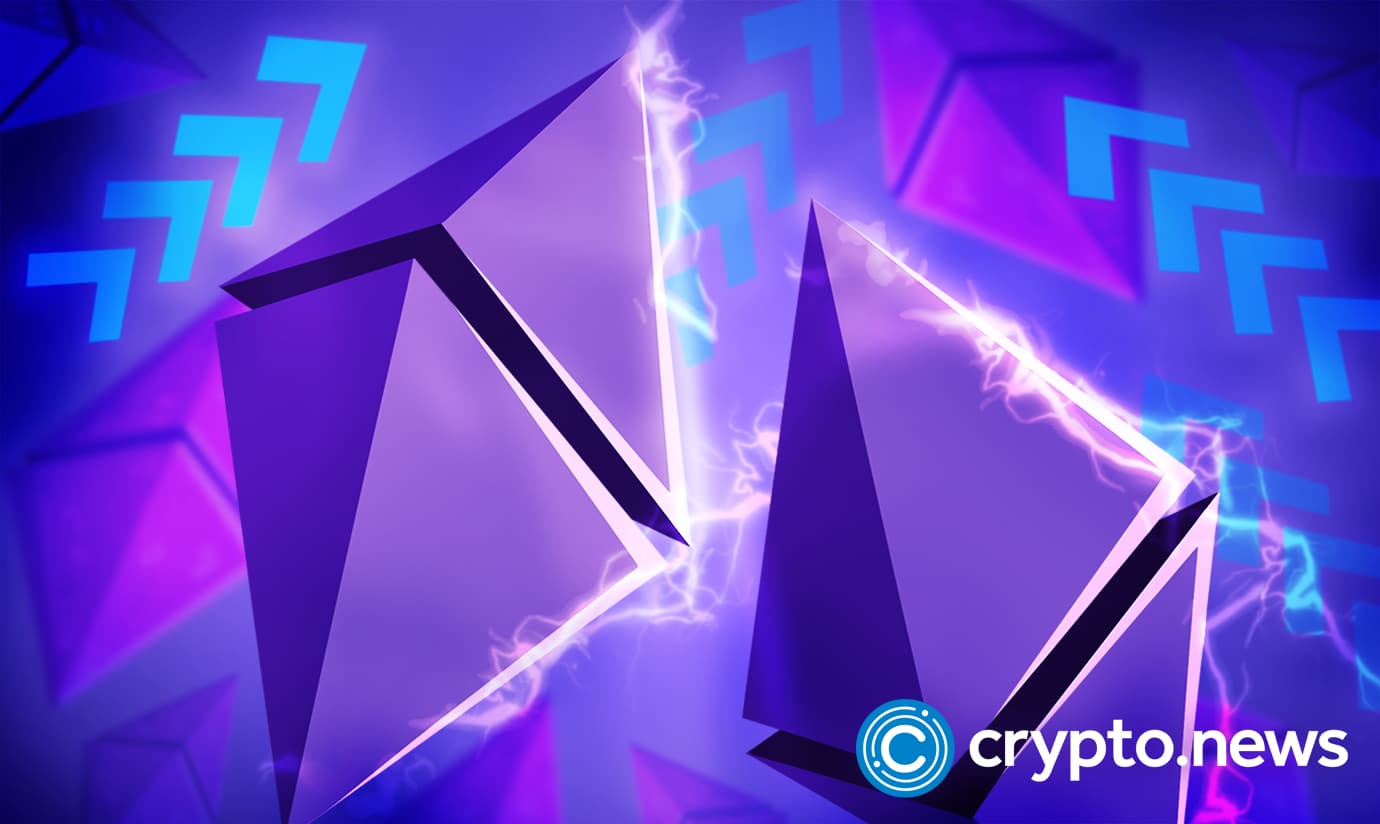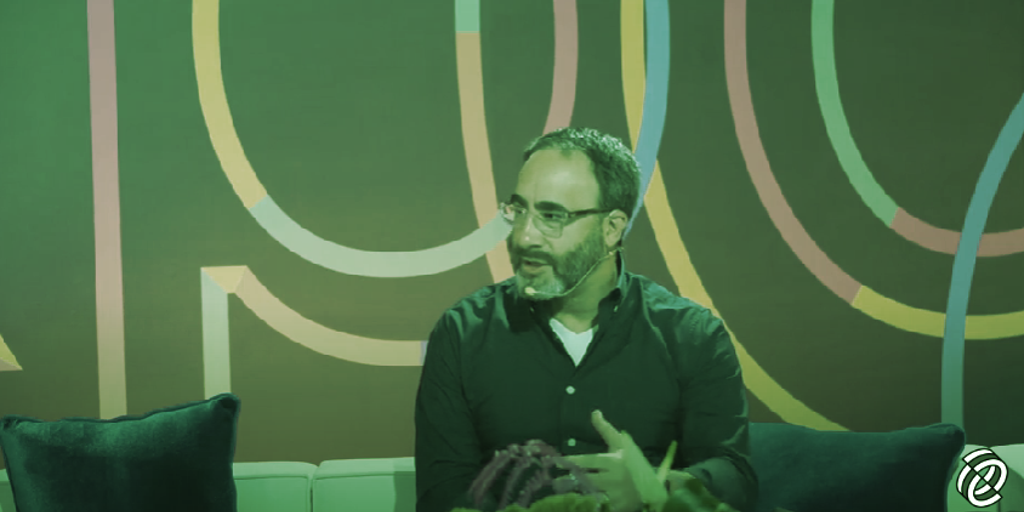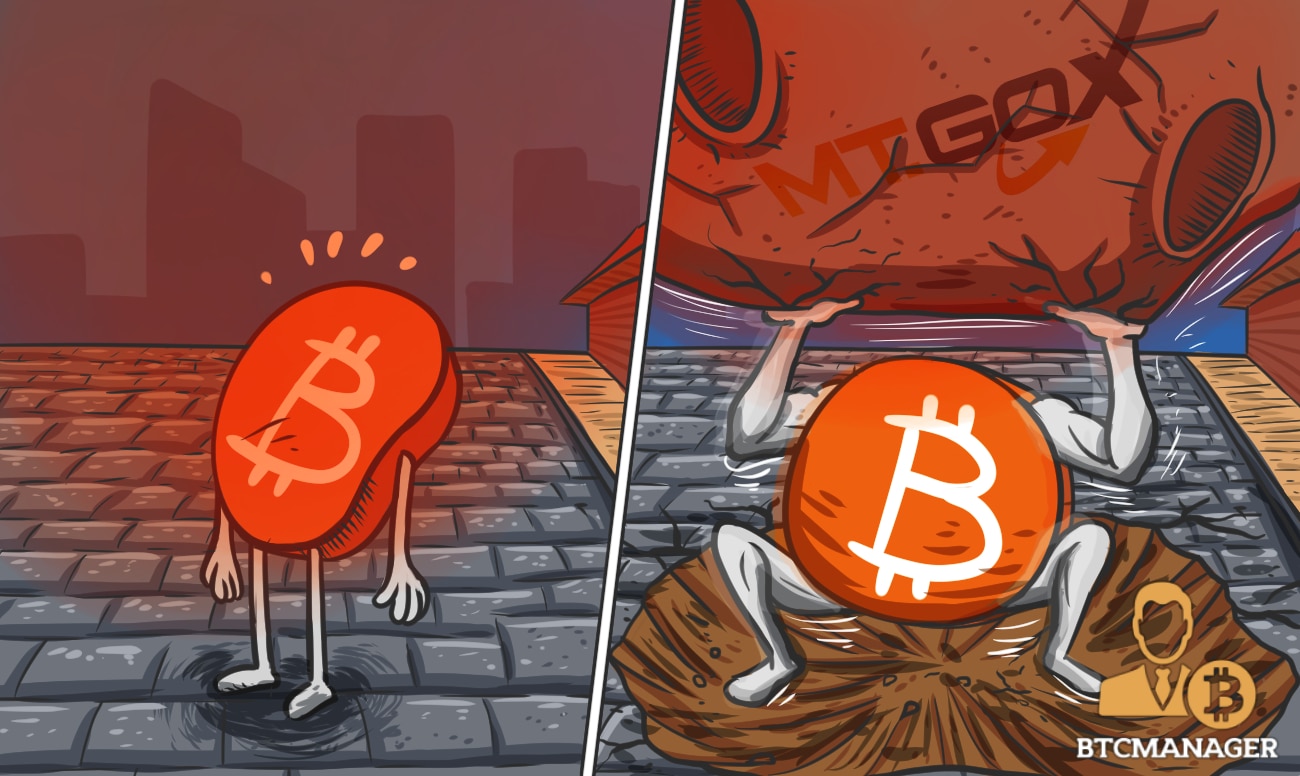The fifth wave of grants from the Ethereum Foundation gave focus to scalability research and was announced via a press release on February 21, 2019.
A Helping Hand
Just a few months after they announced the fourth wave of grants and gave financial support to Parity Technologies, the Ethereum Foundation has officially announced the fifth wave of their endowments on February 21, 2019.
“The Ethereum Foundation Grants Program is an ongoing and continually improving experiment into how the EF can best invest the Ethereum community’s resources for the highest long-term impact on the Ethereum ecosystem,” the post said.
According to the Ethereum Foundation team, the idea behind the grants was initially to support scalability efforts. However, as time passed, the efforts of the foundation have expanded to other sectors of the ecosystem.
In this latest round of funding, the focus was given to critical Eth2.0 and layer two scaling efforts. However, the foundation has stated that they are still open to supporting efforts in other sectors of the Ethereum ecosystem.
The Winners
The post went on to list the winners of the fifth wave of grants from the Ethereum Foundation. In no particular order, funds were distributed to the following projects:
- The Matter, which works in productionizing “Plasma Ignis” code, a SNARK-driven “roll up” that can support up to 500 transactions per second.
- LeapDAO which produced “Plasma Leap” a More Viable Plasma design with smart contract like functionality.
- Py-libp2p, a project involved in the Python implementation of libp2p which will be used in Eth2.0 research, as well as in many other projects, by UPenn seniors completing their capstone project (Zixuan Zhang, Robert Zajac, Alexander Haynes, and Aspyn Palatnick).
- Ethereum on ARM which supports the decentralization of Ethereum by providing Ethereum client images on resource-constrained devices, including an initial investigation into using ARM nodes for Eth2.0 staking.
- Görli testnet, a Cross-client testnet spearheaded by Chainsafe and widely supported by the Ethereum community. The desperately needed testnet launched at GörliCon at the end of January.
- Shadowlands, which is also Python-based, TextUI rapid prototyping platform for ETH dApps which breaks the paradigm that everything must be a web app.
- Funds were also given to DeepSEA, a research project at Yale and Columbia, to further their work on a formally verified language that compiles to the EVM.
As well as announcing the winners, the foundation also noted that they have decided not to include the wishlists or amounts granted this time to prevent applications from being prejudiced as a result of previous grants.
Sourced from crypto.news.
Written by Tokoni Uti on 2019-02-24 05:00:13.






